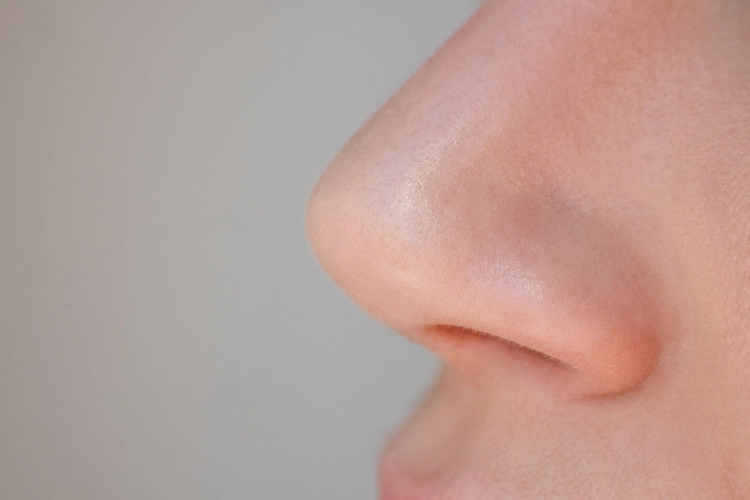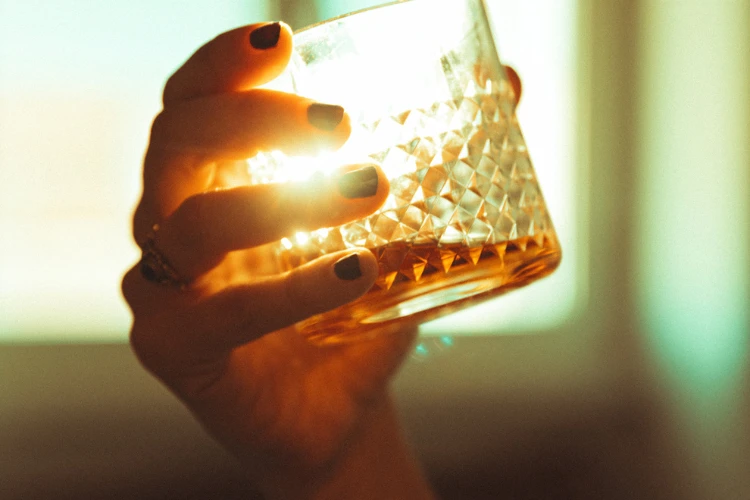Being addicted to drugs or alcohol requires eliminating the physical and psychological dependencies on the substances. Plus, you need to address the behavioural issues that can lead to addiction in the first place.
If you try to stop consuming substances without any professional help, this can be very challenging, and it can sometimes be dangerous if physical dependence is present. Addictions can also have negative effects on your mental health. It is often the behavioural aspects of your addiction that are most apparent and most troubling for your close friends and family members.
For rehab to be a success, you must make some behavioural changes when you are in your treatment. The recovery rates in rehab are dependent on a person and their willingness to make these important changes during the treatment. You must also commit to these behavioural changes in the long term.
All good alcohol and drug rehab facilities offer personalised treatment plans that are designed to suit the specific needs of the individual. You will be regularly monitored throughout the course of your treatment. If you are interested in learning more about rehab or if you are ready to start your journey toward recovery, get in touch with us today.
How Does Rehab In Cleckheaton Work?
When you go to rehab for your addiction treatment, you will work on both a one-to-one and a group basis. Your treatment will be completely customised to suit your specific needs, giving you the best possible chances of successfully overcoming your addiction problems.
You will work with highly skilled and experienced addiction staff members who will work with you to determine the root causes of your addiction and how you can make changes moving forward. You will also learn important relapse prevention skills in the process.
Most rehab treatment plans will start with a full drug and alcohol detox. This is where you can rid your body of the negative toxins so that you are ready to move forward with your further treatments with a clear mind. You will be supported throughout the entire detox as you may experience some negative withdrawal symptoms during this time. In some cases, you may receive prescription medication to help ease these symptoms and allow you to feel more comfortable while you are detoxing.
Detoxing In a Rehab Setting
The detox treatment is usually the first treatment that you will go through in rehab. This aims to bring an end to the physical and psychological dependencies that are caused by your abuse of drugs or alcohol.
Medical detoxes can be very helpful in helping you get through the very worst withdrawal symptoms and this allows you to withdraw safely. Medical detoxes help to reduce your cravings and eliminate any dangerous withdrawal symptoms that can result from suddenly stopping your consumption. In some cases, you may gradually reduce your consumption for the safest results.
During your alcohol and drug detox in rehab, you will be monitored on a 24/7 basis by medical professionals. This is to ensure your detox is as safe and comfortable as possible for you. Once you have completed your detox treatment, you will then be able to move on to your further treatments with a clear mind.
How Long Is Rehab?
The length of time that you spend in rehab will depend on various factors. This can include the level of your addiction, your type of addiction, and the ways in which you respond to the treatments.
The most common length of addiction treatment is 28 days. However, some people may stay in drug and alcohol rehab for longer if this is believed to be beneficial for them. Some research suggests that longer stays in rehab equate to better results, therefore some people prefer to stay in rehab and continue their treatments until they feel fully ready to take on the world again.
If you want to find out more about the timescales in rehab or if you’re interested in finding out how long you can specifically expect to spend in treatment, give us a call and we would be happy to walk you through it.
Aftercare When You Leave Rehab
When you leave the rehab centre, the treatment doesn’t stop there. Addiction to drugs and alcohol is an ongoing battle and you will have to work every day to ensure you avoid relapsing. The first 12 months are usually the most difficult to deal with when you transition from your time in the rehab centre to going back home to your normal life. With this in mind, we offer 12 months of free aftercare for everyone who has had an inpatient treatment plan with us.
The aftercare team can help you with things like finding a job or finding housing where needed. They can also help you with finding local support groups that may assist with your ongoing recovery. In addition, they may be able to put you in touch with a sponsor who can help you with your continued recovery journey and keep you motivated along the way.
When in aftercare, you will continue with regular therapy sessions. These aim to keep you on track and give you the opportunity to express and address any concerns that you may have. You will continue to learn relapse prevention skills which are valuable to your everyday life.
If you are concerned at all or if you think that you may be on the verge of relapsing, the aftercare team are there to support you. You can call or get in touch with them at any time to discuss your struggles and they will be there to help you through the hardest times.
Find a Treatment Plan Today
If you are interested in starting your addiction recovery journey, get in touch with us 0800 012 6088. Since addictions are a progressive disease, the earlier you get professional help for it, the better. Therefore, you shouldn’t delay your treatment. We can help you get started very quickly. All you need to do is get in touch with us.
Frequently Asked Questions
Latest News

Everything You Need to Know About the Brain-PACER Study
Addiction is a very complex condition that is difficult to treat. It has psychological and habitual elements, but also involves

How to Overcome FOMO in Recovery
Deciding to start your journey of recovery is something you should be incredibly proud of. It’s a life-changing decision, and

What Does Cocaine Do to Your Nose?
Cocaine is a powerful stimulant drug that is recreationally used for its euphoric effects. However, while it might offer immediate

Are Nightcaps Healthy?
You’ve probably heard of the term ‘nightcap’. In drinking terms, it’s up there with ‘one for the road’ and ‘hair